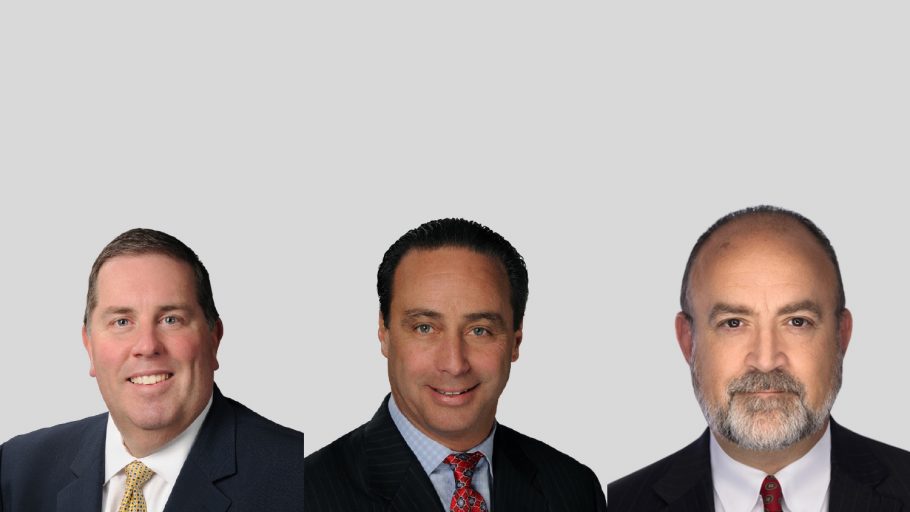In an era of costly data breaches, government investigation of payroll protection loans, and responses to COVID-19 mandates, the risk to corporations-and the risk of personal liability to the directors and officers responsible for those corporations-has never been greater.
A shareholder derivative action is a lawsuit brought by a corporation’s shareholders on behalf of the corporation and often against the corporation’s directors and officers. It is worth noting the inherent risk in Delaware, that directors and officers may be held personally liable for failing to appropriately monitor and supervise the enterprise. Putting safeguards in place and implementing proper governance will mitigate personal exposure resulting from those lawsuits. The statutory and common law protections vary from state to state. As a result, directors, officers, and their legal counsel must frequently review state laws, governing documents, and insurance policies to ensure risk mitigation and reduction.
Fiduciary Duties
Generally, directors and officers of a for-profit corporation owe three principal fiduciary duties: care, loyalty, and good faith. The duty of care requires that directors and officers inform themselves of material information reasonably available to them, act in an informed and deliberate manner, and, in most jurisdictions, exercise the degree of care that an ordinarily prudent person would exercise under the same or similar circumstances.
The duty of loyalty provides that directors and officers must protect the corporation’s interests and refrain from doing anything that would injure or deprive it of an opportunity to profit, including usurpation of a corporate opportunity and self-dealing. Making decisions for personal interests, or the interests of third parties, instead of the corporation is the hallmark of a loyalty violation.
To act in good faith, a director or officer must always behave with honesty of purpose and in the best interests and welfare of the corporation. A lack of good faith exists where a director or officer consciously and intentionally disregards their responsibilities, intentionally acts with a purpose other than that of advancing the corporation’s best interest, or where there is an intent to violate the law.

Exculpation
There are several ways to mitigate personal liability for a breach of fiduciary duties. One protection is an exculpation provision in the company’s governing documents. Certain states allow a company to limit the recovery of monetary damages from directors for duty of care violations, but not where directors act in bad faith or disloyally. The exculpation provisions in most states protect only directors, not officers. It is essential to analyze the laws of the state of incorporation and the corporation’s governing documents to understand the extent of protections that exist or may be obtained from exculpatory protection.
Limited Liability Companies
Courts have explained that fiduciary duties of care, loyalty, and good faith owed to a corporation are generally owed by those who manage or control an LLC. Because LLCs are created and governed by contract, the members of an LLC may expand, limit, modify or eliminate fiduciary duties through the operating agreement. The members can also contract to include, limit, or eliminate duties owed by members to the LLC or other members, except that the covenant of good faith and fair dealing must remain. Because of the contractual nature of an LLC, the members have the flexibility to customize the duties owed. As such, an operating agreement should never treat language affecting duties as “boilerplate,” and careful drafting of operating agreements can minimize disputes and exposure.
ABOUT THE AUTHOR
Kevin Hroblak is a co-chair of the firm’s Litigation Department and a member of Whiteford’s Executive Board. Mr. Hroblak is an accomplished trial lawyer with more than 20 years of experience advising clients on a broad array of business litigation and governance matters. He has represented companies, trustees, creditors, special committees and directors and officers in connection with investigations and litigation involving director and officer liability claims, mismanagement and business fraud, government and corporate investigations, professional liability insurance claims, auditing and accounting malpractice, and other business-related litigation.



